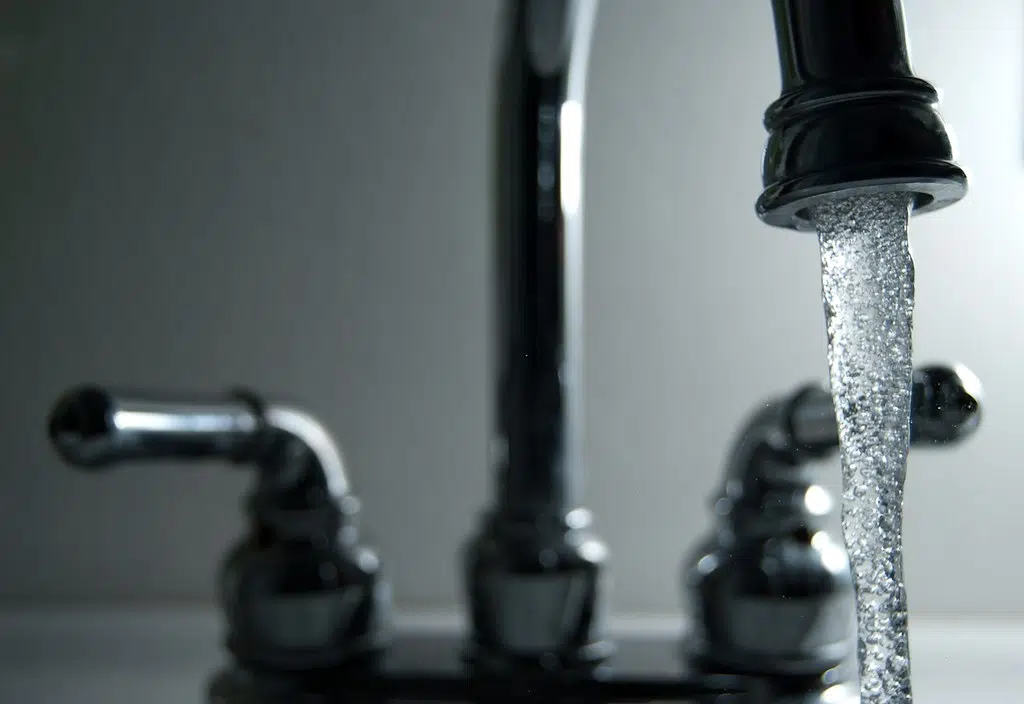LANSING, MI (WKZO AM/FM) — Governor Gretchen Whitmer signed an Executive Directive on Thursday, November 4, seeking to strengthen the State of Michigan’s water regulations, rules, and policies.
The directive, comprised of six parts, focuses on prevention and response to water quality issues.
“Every parent in Michigan should be able to give their kid a glass of water with confidence, knowing that it is safe,” said Whitmer.
“Today, I signed an Executive Directive to begin a comprehensive review of the State of Michigan’s role in local water systems. The six-part directive will take several steps to tighten regul
Executive Directive Details
Part One: Laws and Regulations
Mandate a line-by-line review of existing laws and regulations governing water. While Michigan already has the toughest lead rules nationwide, there are still areas of improvement. The review will recommend reforms that could include legislation, amendment
Part Two: Resources
Identify the state and local resources needed to better assist public water suppliers, collect data, and enforce water laws. The current water funding shortfall disproportionately impacts low-income communities
Part Three: Education & Engagement
Analyze efforts around education and engagement to ensure every Michigander who lives in a community experiencing water quality issues get the information they need to protect themselves.
Part Four: Lead Mitigation
Direct departments to continue
Part Five: Data
Examine existing data collection and sharing practices, with the goal of strengthening the collection and transfer of information and formalizing best practices already in place. While the state does not operate public water supplies, it does regulate the
Part Six: Planning
Find opportunities for equitable regional planning in the sourcing, treatment, and delivery of drinking water. Ensure resources are being used effectively to deliver safe drinking water.
The governor launched the MI Clean Water plan to invest $700 million to build up drinking and wastewater infrastructure while supporting 10,000 jobs. The plan addresses high water rates, tackles toxic contaminants like PFAS, builds up sewer and septic systems that can’t meet demand, and replaces lead service lines.
In addition to MI Clean Water plan, Michigan has invested millions in drinking water, stormwater, and wastewater facilities across the state supporting thousands of local jobs.





